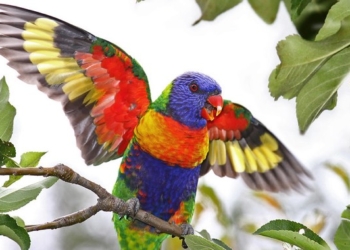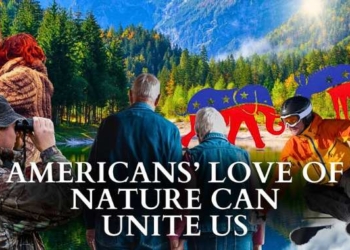
By Jessica Murray | True Activist
A major river in New Zealand has just been given the same rights and interests as humans, after being granted the legal status of personhood. The Whanganui, which is New Zealand’s third-longest river and the first river in the world to be granted the status, flows approximately 321 km from the Hawkes Bay area in the northern region of the country, down to the Tasman Sea. Known as Te Awa Tupua to the indigenous Maori people, the river’s battle to gain these new rights has been long ongoing, according to recent reports. A dispute between the New Zealand government and the iwi – the local Maori tribe, who rely on the Whanganui river – dates back to the 1870s, and relates to the settlement that has now been made that will “give the river the power to represent its own interests and advocate on its own behalf.”
Two separate spokespeople will now represent the river, one of which was appointed by the iwi, and the other by the government. Chris Finlayson, the minister who negotiated the treaty, said,
“I know the initial inclination of some people will say it’s pretty strange to give a natural resource a legal personality. But it’s no stranger than family trusts, or companies or incorporated societies.”
$28 million will also be allocated as part of the settlement, which will be used for the rejuvenation of the river. Finlayson added,
“Today’s agreement which recognizes the status of the river as Te Awa Tupua (an integrated, living whole) and the inextricable relationship of iwi with the river is a major step towards the resolution of the historical grievances of Whanganui iwi and is important nationally.”

Within the same week of the new law, India also legally recognized its Ganga and Yamuna rivers as legal entities. Bolivia also has passed some of the world’s first laws to give nature the same rights as humans and has led “radical new conservation and social measures to reduce pollution and control industry.” Reports state that the 11 rights for nature include: “the right to life and to exist; the right to continue vital cycles and processes free from human alteration; the right to pure water and clean air; the right to balance; the right not to be polluted; and the right to not have cellular structure modified or genetically altered. Additionally, nature will have the right “to not be affected by mega-infrastructure and development projects that affect the balance of ecosystems and the local inhabitant communities.” Vice-President Alvaro García Linera said, “It makes world history. Earth is the mother of all. It establishes a new relationship between man and nature, the harmony of which must be preserved as a guarantee of its regeneration.”
Similarly, Ecuador has also recognized the rights of nature by acknowledging nature in all its diversity of life forms, stating that it has the right to exist, persist, maintain and regenerate its vital cycles. Some believe that instead of facing major industries head on, as has been occurring recently with Standing Rock and the EPA, a more effective method would be to adopt the actions of other countries who grant firm legal rights directly to nature herself, so that she is protected on the same level as a person, whilst also being viewed as a living being.

















